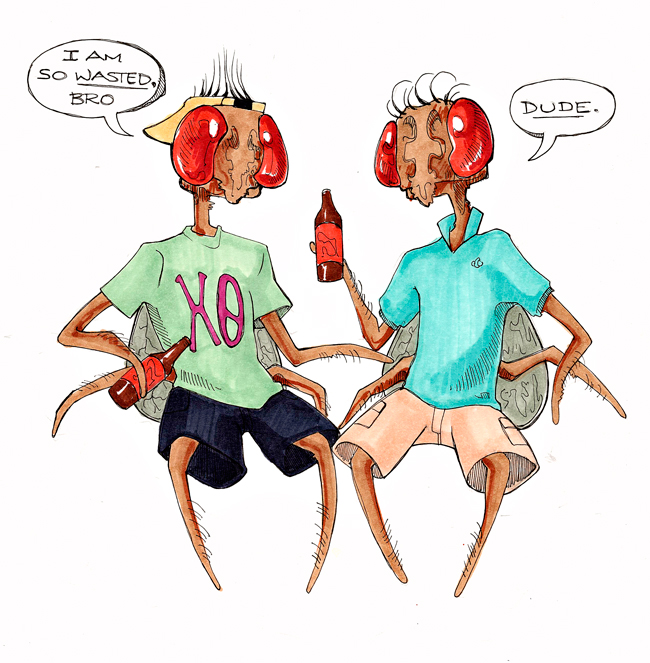
Documents from Heartland Institute, a climate change-denying think tank, have leaked and suggest that the organization is attempting to bring their position into the public arena using the public school system. This would be similar to the approach that the intelligent design, or anti-evolution, movement has taken. The plans include a budget of $200,000 to introduce a curriculum that would present the idea that climate change is real and caused by humans as an area of major controversy in the scientific community, despite the fact that polls of scientists repeatedly demonstrate that there’s little to no disagreement on the subject.
Scientists have published the results of a study that shows no difference between the levels of mercury in children with or without autism. The study compared mercury levels in the urine of autistic children to that of their non-autistic siblings as well as a control group of unrelated children. The experiment was performed to test the claim of many associated with the anti-vaccination movement who believe that mercury compounds in vaccines have caused an increase in autism rates. Other studies have strongly suggested that there is no correlation between vaccines and autism, though this one directly shows that mercury isn’t likely to be the culprit, either.
Not only are fruit flies tolerant to low levels of alcohol, but that’s where they thrive, using it as a way to defend their larvae against wasp parasites. Scientists placed fly larvae in 6 percent alcohol solution (approximately the alcoholic content of an average beer) and found that wasps had trouble laying eggs in the larvae. Additionally, the eggs that they did lay were more likely to die. While it may seem difficult for insects in the wild to make beer runs, the larvae live near and feed off of the fungi and yeast from fermenting fruit, so their environment remains well stocked. Further experimentation by the researchers demonstrated that infected larvae are more likely to feed on more alcoholic foods, given the choice, in order to fight off the intruders.
A method for mining natural gas called “fracking,” which involves pumping large amount of water and/or sand under ground, has been under fire for potentially contaminating groundwater. However, a recent study has come to the conclusion that, at least in this respect, it’s no more likely to cause problems than any other current mining technique. Still, the authors of the study note that, as with other methods, proper precautions need to be in place along with strict regulation and enforcement. Additionally, while fracking does not seem to threaten groundwater supplies, there are other untested concerns that the study didn’t address, including the possibility that it may trigger small earthquakes.
Do We Serve White Wine with a Red Planet?
One of the many obstacles to landing a person on Mars is figuring out what to feed him once he gets there. Researchers from Cornell University and the University of Hawaii at Manoa are looking for some volunteers who want to go on a four-month simulated trip to Mars specifically designed to figure out how to provide astronauts healthy meals they won’t get sick from over the course of a three-year mission. The volunteers will live in HAZMAT suits, similar to the spacesuits of astronauts, and be given traditional space foods in addition to flour, sugar and freeze-dried meats for them to cook themselves.
Printed on Thursday, February 23, 2012 as: Anti-climate change group plans to revamp curriculum





















